Restoration Work

Ecological Restoration & Natural Area Management
Ecological restoration is our most important role as the primary stewards of the 10-mile Ann & Roy Butler Hike and Bike Trail and the almost 300 acres of parkland surrounding Lady Bird Lake. Our team works daily to improve the natural ecosystem around the Trail like removing invasive species and re-planting areas with native plants, reinforcing the shoreline by incorporating native plants that reduce erosion and improve wildlife habitats, improving soil conditions with regular mulching, seeding wildflower meadows, creating new shade canopies, and so much more.
Thanks to strong partnerships with donors, volunteers, and the City of Austin, extensive work has been done to improve the Trail in order to minimize human impact and keep it an essential natural refuge within the city.
Ecological Restoration Resources
Supporting biodiversity
The natural areas around Lady Bird Lake provide an important refuge for wildlife within the City and connect riparian corridors as well as numerous protected areas up- and downstream. Wildlife comes to the site for food, water, and shelter provided by the Lake and the surrounding natural areas. The natural areas serve both resident wildlife and numerous migratory birds and butterflies. Without effective conservation practices, Austin may lose creatures vital to our ecosystem.
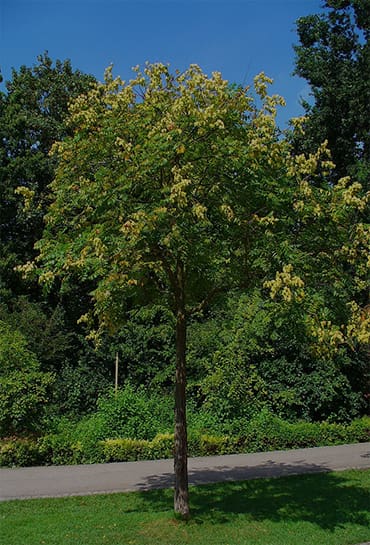
Trees
Koelreuteria paniculata is a species of flowering plant in the family Sapindaceae, It was introduced to America in 1763, and has become a popular landscape tree worldwide.
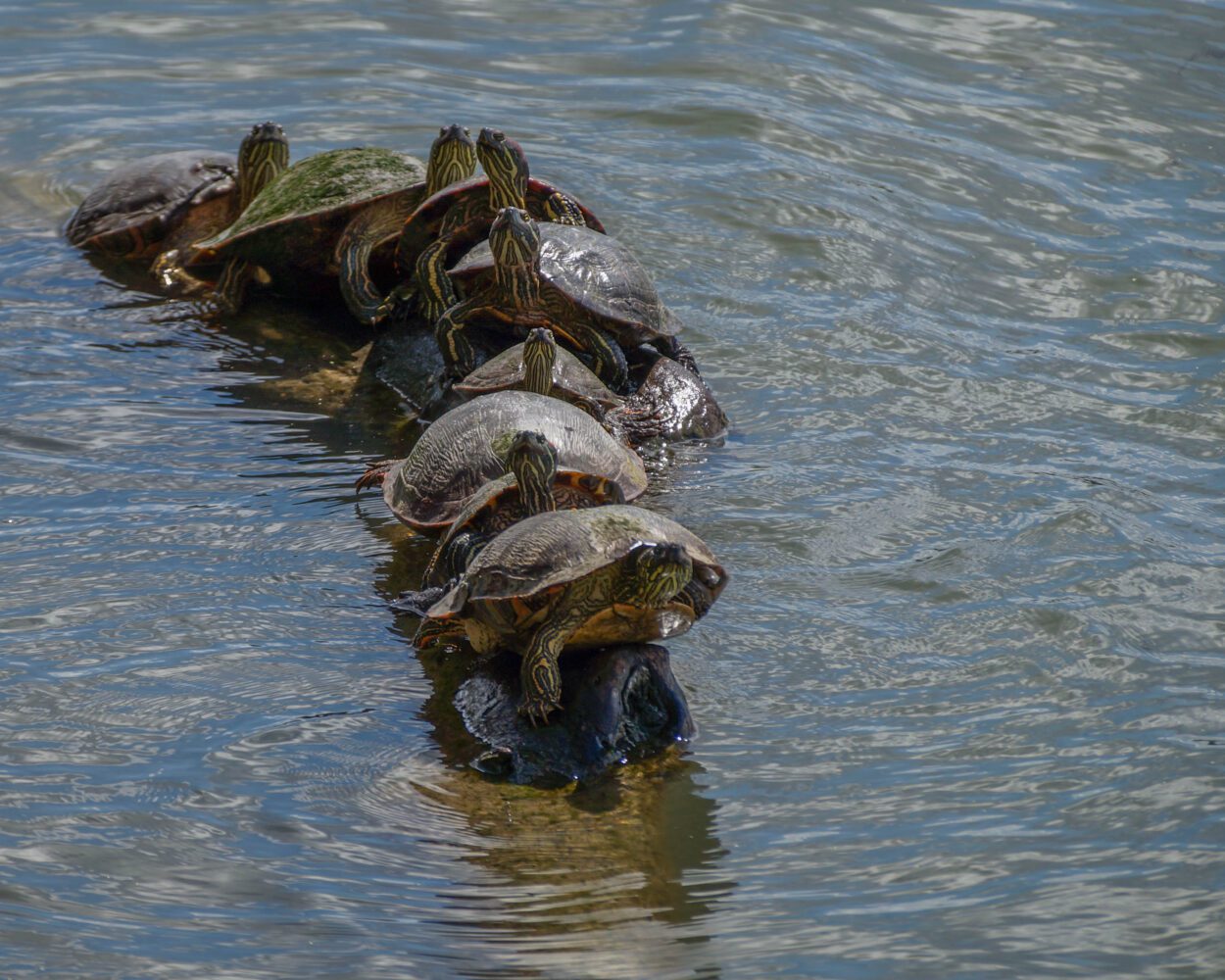
Reptiles
Resting on logs and peeking from the Lake surface you can find Red-eared Slider turtles, Spiny Softshell turtles. Remember to give Cottonmouth Snakes a wide berth, and listen for Gulf Coast Toads.
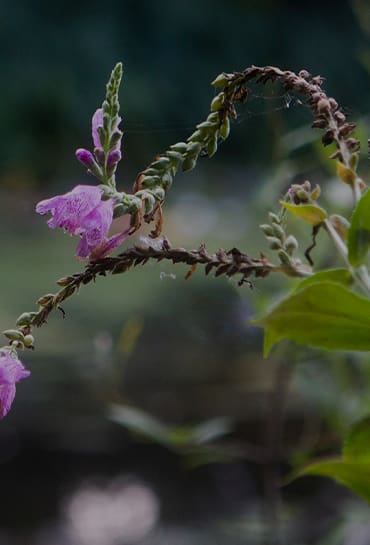
Plants
Correll's false dragonhead (Physostegia correllii) is a rare, flowering plant characterized by purple-pink flowers and dark green leaves. It belongs to the mint family and is found in forested and herbaceous wetland habitats.
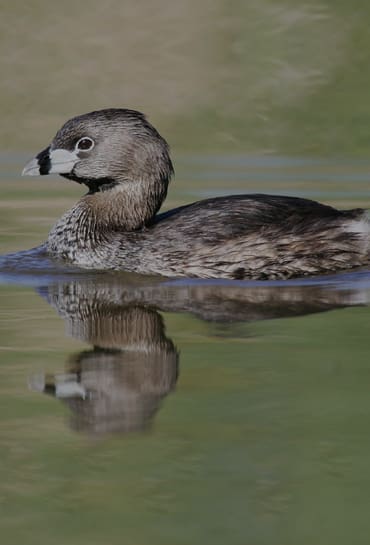
Birds
The pied-billed grebe (Podilymbus podiceps) is a species of the grebe family of water birds. The pied-billed grebe is primarily found in ponds throughout the Americas.
Support Our Work
Every dollar given to The Trail Conservancy provides the critical funds needed for our organization to continue to protect, enhance, and connect our beloved Butler Trail. Your support ensures that the Trail will remain a reprieve in the heart of Austin for generations to come. Donate to our Ecological Restoration work today, or learn more about opportunities for corporate volunteering or project sponsorship.
Thank you to our Ecological Supporters

Location: 1920 E Riverside Drive, Suite A-120 PMB 223 Austin, TX 78741
Phone: 1-855-44-TRAIL
Newsletter
The Trail Conservancy is a non-profit, tax-exempt charitable organization under Section 501(c)(3) of the Internal Revenue Code. Tax ID: 87-0699956.


